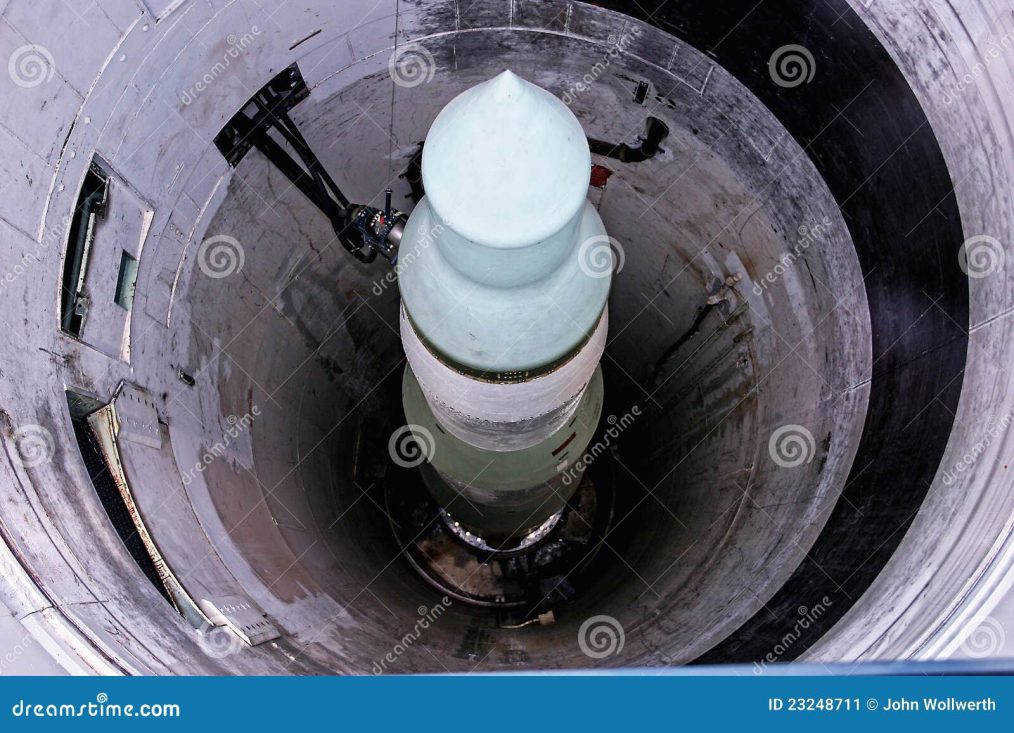
Putin ‘Satan II’ Nukes Combat-Ready
The Krakow Times
Russian President Vladimir Putin has escalated global tensions by ordering the RS-28 Sarmat, nicknamed the “Satan II,” intercontinental ballistic missiles to be combat-ready as quickly as possible. The move comes amid reports suggesting the West has entertained the idea of providing Ukraine with nuclear weapons, a scenario Moscow has deemed catastrophic.
What is the Satan II?
The Satan II missile, officially known as the RS-28 Sarmat, is touted as one of the most advanced intercontinental ballistic missiles (ICBMs) in the world.
- Key Capabilities:
Designed to deliver multiple nuclear warheads across vast distances, the Satan II can strike targets thousands of miles away, including in Europe or the United States. - Development Setbacks:
Despite its fearsome reputation, the weapon’s development has been marred by delays and failures. Notably, a significant explosion at Russia’s only hypersonic weapons testing facility in September dealt a major blow to the missile’s testing timeline.
Putin’s renewed push for readiness suggests a desire to project strength despite these setbacks.
West’s Nuclear Provocation?
The Kremlin’s heightened alertness follows unverified reports that the West may be considering the nuclear armament of Ukraine—a prospect that Russia views as an existential threat.
- Russia’s Reaction:
Maria Zakharova, spokesperson for Russia’s Foreign Ministry, condemned the notion of arming Ukraine with nuclear weapons as “insane.” She warned it would push the world to the “brink of catastrophe,” highlighting the global consequences of such a move. - Blame Game:
Zakharova accused Ukraine and its Western allies of engaging in “irresponsible actions” that have led to the current escalation. Russia’s leadership has framed these tensions as a Western provocation rather than a reaction to its own aggressive policies.
Global Implications
This dramatic turn has raised concerns about the stability of international security. While the prospect of arming Ukraine with nuclear weapons remains speculative, Russia’s aggressive posture signals a willingness to escalate its nuclear rhetoric and capabilities.
The international community now faces a critical challenge: preventing further escalation while addressing the root causes of the conflict in Ukraine. Without urgent diplomatic intervention, the risks of a nuclear miscalculation loom larger than ever.



